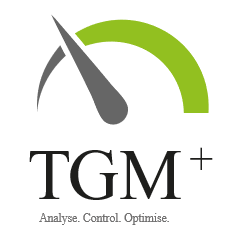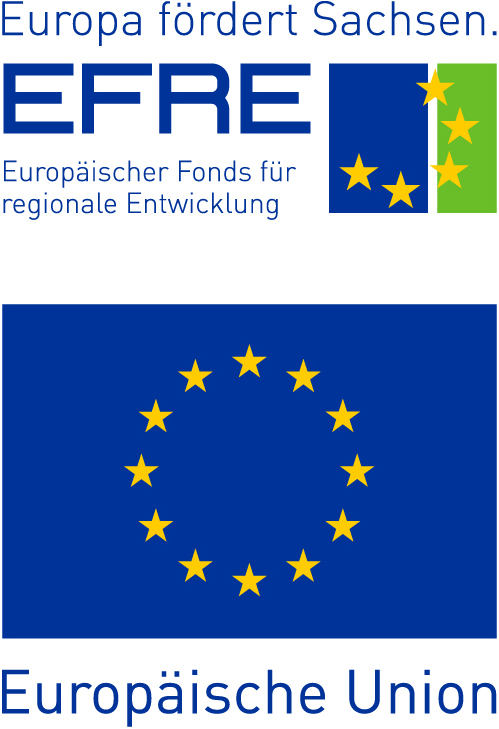
Those who want to effectively prepare for upcoming situations observe the development as comprehensively as possible and adjust to it. What is a matter of course for people also applies to modern buildings. With the help of technical building automation, the air-conditioning can be controlled in a largely predictive fashion and lights can be automatically switched off in empty rooms, to name two examples. In the project TGM.plus, a consortium of the Saxon companies HERMOS SYSTEMS (group coordinator), decon and NSC together with Fraunhofer IIS/EAS is developing a platform that utilizes these technical possibilities to optimize the operation of these building systems. The system also makes use of operating data to obtain information about system wear. This can lower maintenance costs without increasing the risk of system failures. The consumption of resources in the technical building operation can be reduced even further in this way – by at least 15 percent.
Solution approach
This reduction is achieved through a complete analysis of the consumption of energy carriers and resources for the technical building management:
- Lowering of the energy consumption (electrical energy, fuels/heat carriers) through further optimization of operational management in line with the requirements as well as
- reduction of costs by means of operational management/control of technical building components that is optimized for the component lifespan, including predictive maintenance of the components.
The core of the process is a mathematical model of the analyzed building that describes the building physics, the behavior of the installed building systems, the behavior of the building users and the interaction of the building with its meteorological environment. This model is automatically generated based on available historical operating data and continuously refined during operation.
Together with the project partners, the researchers from Fraunhofer IIS/EAS want to continue to develop and test the system on site in a residential building in Zwickau and (with the support of the state-owned enterprise Saxon Real Estate and Building Management SIB) in the lecture hall complex of TU Dresden.
 Fraunhofer Institute for Integrated Circuits IIS, Division Engineering of Adaptive Systems EAS
Fraunhofer Institute for Integrated Circuits IIS, Division Engineering of Adaptive Systems EAS